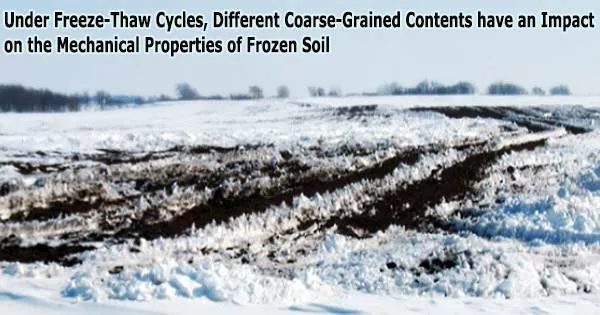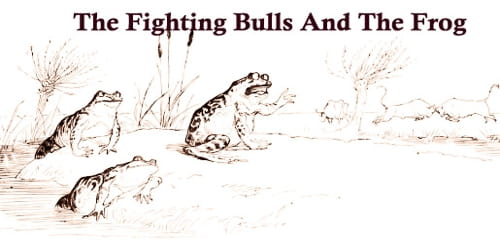In nature, frozen soil is a multiphase composite geomaterial made up of porous air, ice crystals, mineral solid particles, and unfrozen water. When exposed to freeze-thaw cycles in cold climates, frozen soils with various coarse-grained constituents see considerable changes in their deformation properties.
Recently, a research team from the Northwest Institute of Eco-Environment and Resources of the Chinese Academy of Sciences (CAS) conducted a series of cryogenic triaxial compression tests to investigate the deformation characteristics of frozen soil at -10℃ experiencing freeze-thaw cycles.
The study was published in Acta Geotechnica on Feb. 24.
To describe the mechanical reaction of frozen soils with varied coarse-grained contents subjected to different freeze-thaw cycles, the researchers suggested a micromechanical-based constitutive model.
Low-temperature triaxial compression studies on frozen soils showed that the confining pressure, coarse-grained contents, and freeze-thaw cycles were all strongly correlated with the variability of mechanical and deformation parameters.
They discovered that the stress-strain response was nonlinear, elastoplastic with strain hardening and volumetric compaction followed by dilatancy for a specific coarse-grained content and the freeze-thaw duration.
Moreover, the confining pressure had a significant impact on the mechanical characteristics of frozen soil. Hence, the researchers predicted the stress-strain curves and volumetric strain curves of frozen soil at confining pressures of 0.3 MPa and 1.4 MPa, respectively, using the suggested model.
Findings demonstrated that the suggested model was capable of accurately predicting the relationship between axial strain and volumetric strain as well as the relationship between deviatoric stress and axial strain.
















